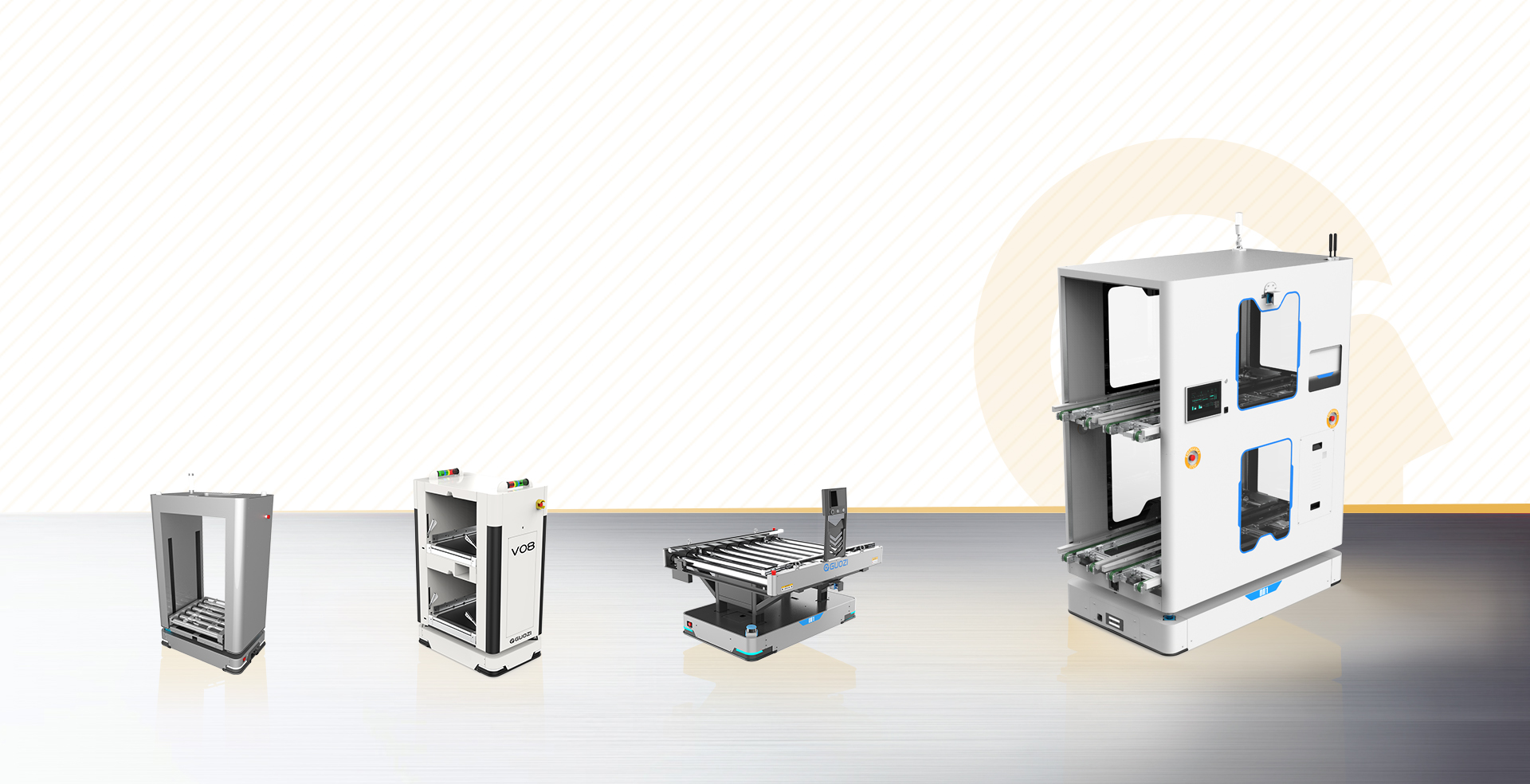With the deepening of the concept of intelligent manufacturing, automatic guided vehicles (AGV), as an important equipment for industrial automation, is gradually becoming a booster for the transformation and upgrading of the manufacturing industry. In this paper, we will discuss the innovative application of AGV technology in the manufacturing industry, analyze the current challenges, and look forward to the future development trend.
The innovative application of AGV technology
1. Intelligent Warehouse Management
The application of AGV technology in the management of intelligent warehousing is becoming increasingly mature. Through the integration of barcode identification, RFID, Internet of Things and other technologies, AGV is able to realize automatic identification, positioning, handling and inventory of goods, which greatly improves the efficiency and accuracy of warehouse management.
2. Fine-grained production scheduling
In fine-grained production scheduling, AGVs can flexibly adjust the material conveying routes and time according to real-time demands of production lines to realize the optimization of the production process.AGV's intelligent scheduling system can be seamlessly connected with the MES (Manufacturing Execution System). The intelligent scheduling system of AGV can be seamlessly connected with MES (Manufacturing Execution System) to enhance the intelligent level of production scheduling.
3. Modular production line
The application of AGV technology promotes the modularization of production line. Through the flexible layout of AGV, the production line can be quickly adjusted and reorganized according to the different production tasks, which improves the adaptability and flexibility of the production line.
4. Industrial Internet Convergence
The convergence of AGVs and the industrial Internet makes AGVs not only an independent handling tool but a node in the intelligent manufacturing network.AGVs can transmit handling data in real time to provide production management with big data Support.
5. Customization
Targeting the needs of specific industries and enterprises, AGV providers are introducing customized solutions. These solutions are personalized to the customer's production environment, process and product characteristics, enhancing the value of the AGV application.
Challenges in AGV technology
1. Navigation Accuracy and Stability
In practical applications, the navigation accuracy and stability of AGVs are key indicators of their performance. How to maintain high-precision navigation in different environments and conditions is a challenge for AGV technology to overcome.
2. Multi-AGV cooperative operation
In complex production environments, the efficiency and safety of cooperative operation of multiple AGVs are crucial. How to realize efficient task allocation, path planning and obstacle avoidance strategies is the focus of current research on AGV technology.
3. Cost and return on investment
While AGVs can improve productivity, their initial investment cost is high. How to reduce the cost and shorten the return on investment cycle is the key to the popularization of AGV technology.
4. Safety and standardization
The safety of AGVs should not be ignored, especially in the environment where humans and machines coexist. Developing and improving the safety standards and operation norms of AGV is an important measure to ensure production safety.
Future development trend of AGV technology
1. Autonomous navigation technology upgrade
Future AGVs will develop towards more autonomous navigation technology, such as adopting advanced technologies such as deep learning and three-dimensional vision, to realize accurate navigation in complex environments.
2. Cross-border integration and innovation
AGVs will be deeply integrated with robotics, AI, and big data to form a smarter and more efficient automation solution.
3. Standardization and Modularization
Promote the standardization and modularization design of AGVs, reduce the manufacturing cost, and improve the versatility and interchangeability of AGVs.
4. Green environmental protection
The design of AGVs will pay more attention to energy saving and environmental protection, such as the use of new energy batteries, lightweight materials and so on, to reduce energy consumption and environmental pollution.
In short, the application of AGV technology in the manufacturing industry has a broad prospect, although it faces certain challenges, but with the continuous progress and innovation of the technology, AGV will play a more important role in promoting the development of manufacturing industry intelligent and green.








